BEE FRIENDLY GARDENING
‘If we and the rest of the back-boned animals were to disappear overnight, the rest of the world would get on pretty well. But if the invertebrates were to disappear, the world's ecosystems would collapse.’
Sir David Attenborough
FREE WILDFLOWER SEEDS
All Oakdale Bee purchases of £25.00 will receive a packet of bee and butterfly wild meadow seeds to either pop in a pot, your garden or on the road side (safely). Sow between March and April each year by scraping back a small patch of ground, sprinkle, water and enjoy. You can also use an old pot or anything to just get those bees into your garden.
SMALL CHANGES RIGHT NOW
Noted below are just a few small steps which will make a big difference to our little fuzzy, buzzy friends.
It's actually surprisingly easy to help bees and pollinators and to attract them to your garden.

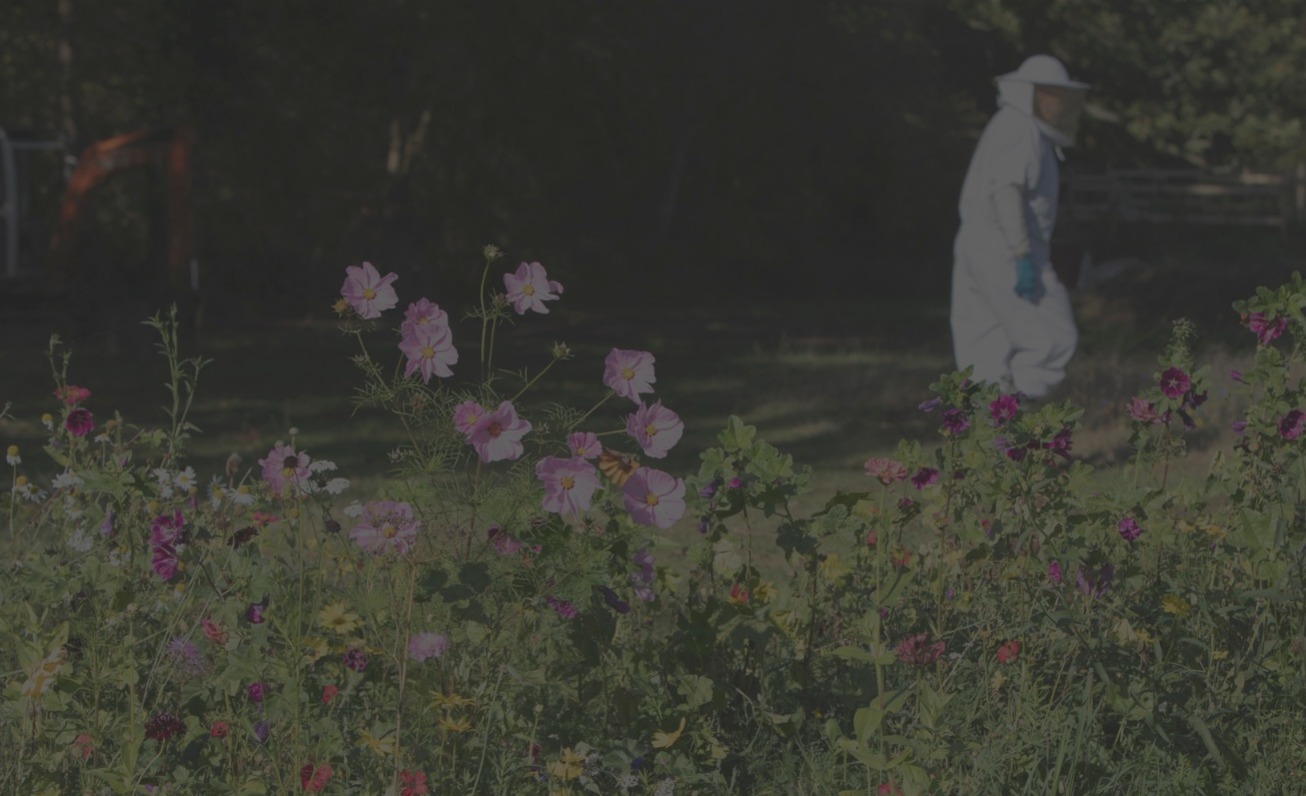
GARDENING TIPS TO HELP BEES
Install a bee house to help solitary bees. Either make one yourself from a block of wood with holes drilled into it, or use hollow canes. If you don’t have time, there are ready-made bee houses widely available, and they make lovely gifts for gardeners and nature lovers. No more plastic gifts please.
Leave a patch of bare earth (some ground nesting solitary bees may use it for nests) or mason bees may gather the mud for constructing their egg cells. If you discover a nest of ground nesting bees, mark the spot as a reminder to leave the area undisturbed.
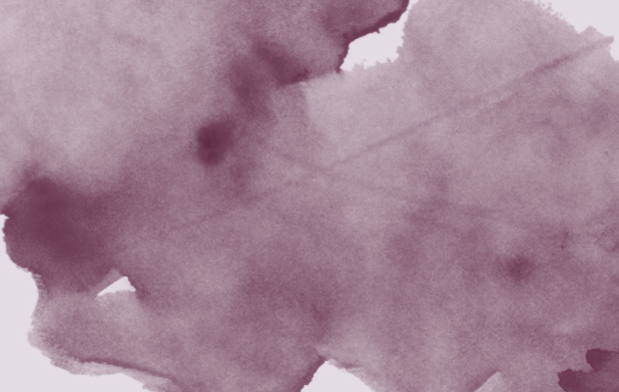
Try to include a wide variety of flower shapes in your garden to suit a variety of bee species as each has different tongue lengths and foraging preferences. See our recommended plant list.
Select plants which are high in nectar, pollen or both. Highly cultivated, ornamental plants such as begonias, are often of very limited value to the Bee. One sign of highly cultivated flowers is that they have many petals, where as simple, open flowers are often more attractive for bees.
Provide flowers throughout the year plan your garden to provide flowers for as long a season as possible – some bees may emerge early in the year, others may emerge later.
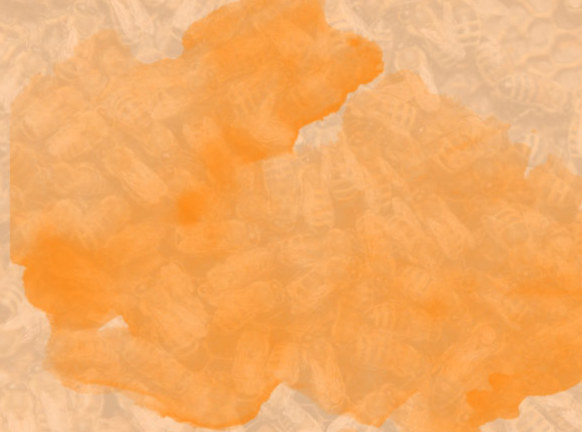
Include a source of water for bees, a small pond will suffice or even a shallow bird bath with stone inside to ensure bees can make their way to the water’s edge safely.
Leave the dead plant stems alone, don’t clip back and burn stems from shrubs, plants and bushes, the hollow stems might be used by bees for overwintering (and other helpful invertebrates). Instead just cut them back in Spring remembering to leave them (un-burned) in a pile at the back of the garden.
Don’t use pesticides in your garden. It's not rocket science: insecticides are for killing insects and of course, bees are insects.
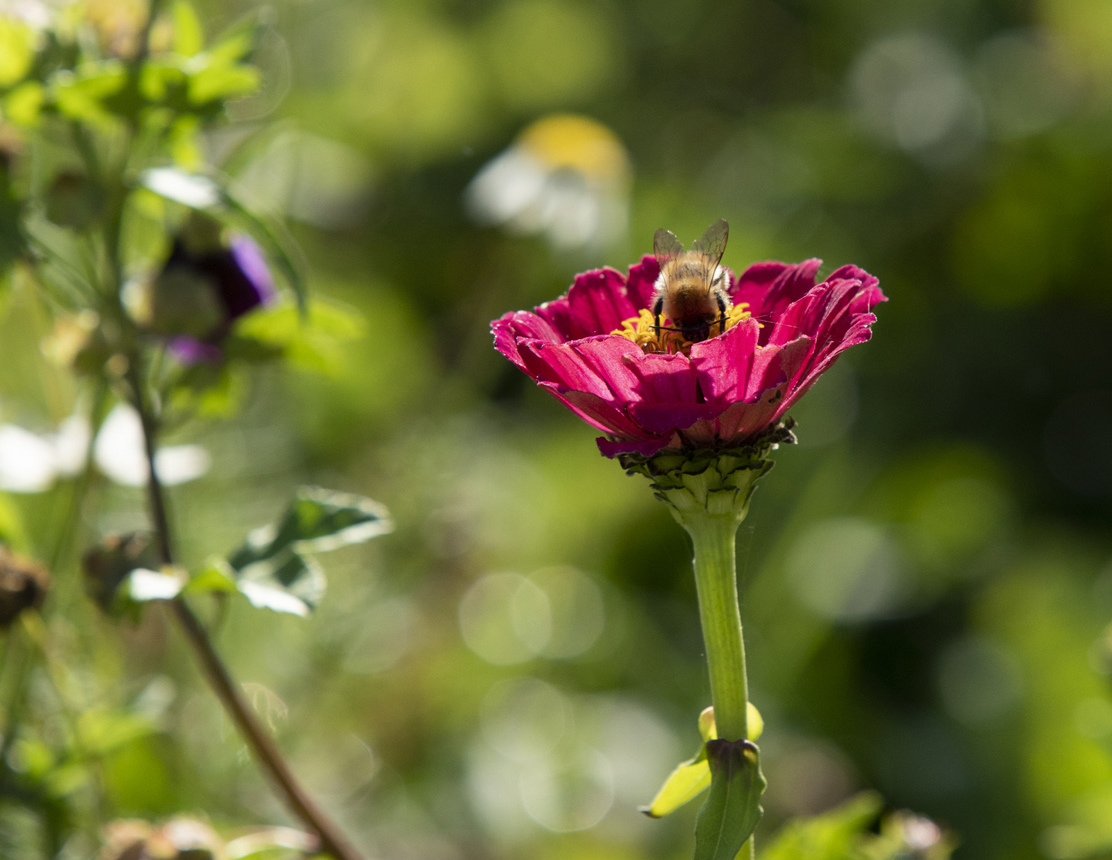

No matter what manufacturers say, the evidence is that products such as neonicotinoids are harmful for bees.
Include native wildflowers in your garden by creating a wildflower area in your lawn, or add a few to the border. We are sending you some to get you started.
Many flowering trees and shrubs are fantastic for bees. Flowering shrubs and trees provide fantastic, efficient foraging (and sometimes nesting opportunities for bees either in the trunks of trees or at the base of trees and hedgerows.
Have a flowering lawn, include clover in your lawn , or mow around patches. Others you could consider are bird’s foot trefoil, self-heal and thyme.
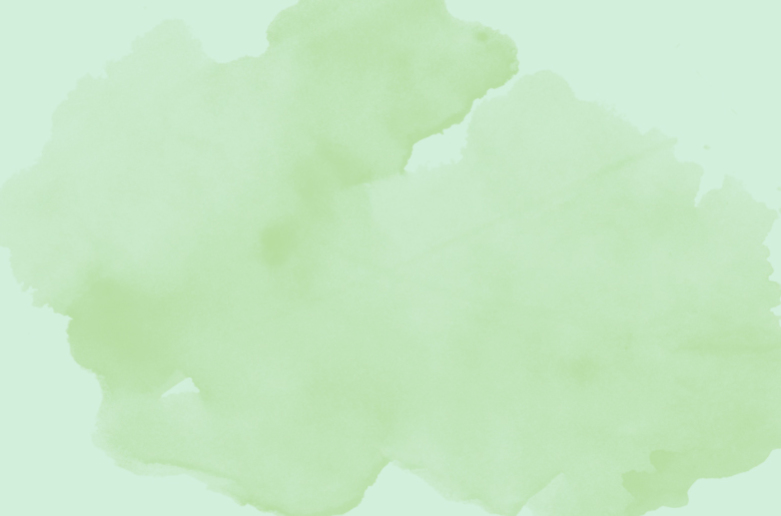
Fruit and veg - feed yourselves and the bees! Fruits and vegetables provide fantastic foraging opportunities for bees such as climbing beans add to vertical gardening and produce flowers bees will enjoy. Kale and other brassicas can be left to flower, and produce a wonderful yellow mass.
Include herbs in your garden and allow them to flower. Instead of buying cut flowers we encourage you buy and gift herbs for friends and family.
Exploit different locations in the garden Plant clumps of flowers of the same type in several areas of your garden if you have space, especially if different parts of the garden have varied amounts of sunshine. This will ensure that some of the flowers will be at their peak a little earlier than others, thus extending the benefit to pollinators.

Plant cottage garden flowers in drifts if you can. Beauty never goes out of style, and cottage garden flowers are ALWAYS in - I don't care what anyone says! Think lovely lupins, cute cosmos, dashing delphiniums, happy hollyhocks, fabulous foxgloves and wonderful wallflowers......the list goes on! Plant flowers in drifts if you can – it is helpful visually and helps ensure foraging is more efficient.
Speak with a local conservation organisation Conduct an informal survey of the floral abundance available in your area: ask a local conservation organisation if it would be beneficial to help cultivate certain plants in your garden, to complement other conservation work to benefit pollinators.


GROWING SPACE
Exploit small spaces! Short of space? use climbing plants to grow vertically, thus making efficient use of your available growing space: passion flower, jasmine, honey suckle, pyracantha. Window boxes, hanging baskets, and pots of plants can all help.
Create habitat and nest sites for bumblebees. Create a simple nest site for bumblebees: they may use a bird box, upturned plant pot or old teapot under the shed. Furnish it with a little hamster bedding to encourage bees to nest there (but please do not try to force bumblebees by trapping queens).
Steer clear of invasive plant species Some species of flowering plant are wonderful for bees - but invasive in some regions of the world. Please check and stick ideally to British Wild meadow planting.
Thinking of become a beekeeper? Honey bees and beekeepers are important, but we urge you to undertake a course starting with an introduction course and then sign up for a series of professionally run courses in your local area before embarking on this rewarding hobby. By making the changes above you will support not just the honey bee but all valuable pollinators. Firstly contact your local Bee Association as a valuable source of information.
REQUEST A BOOKING
Fill in the form below to request a booking and a member of the Oakdale Bee team will contact you shortly...


